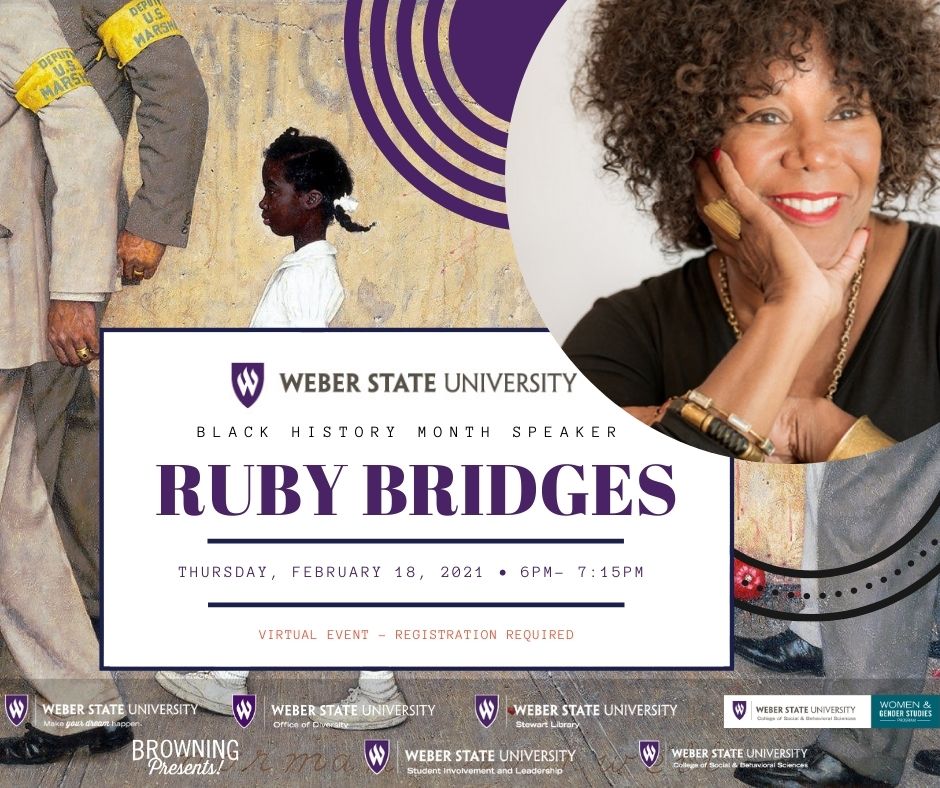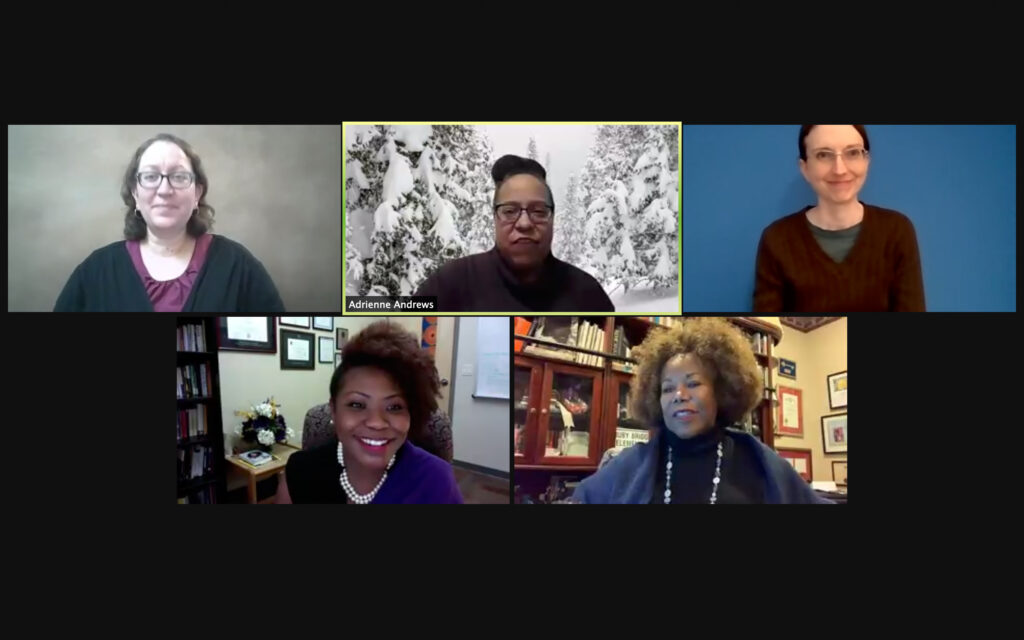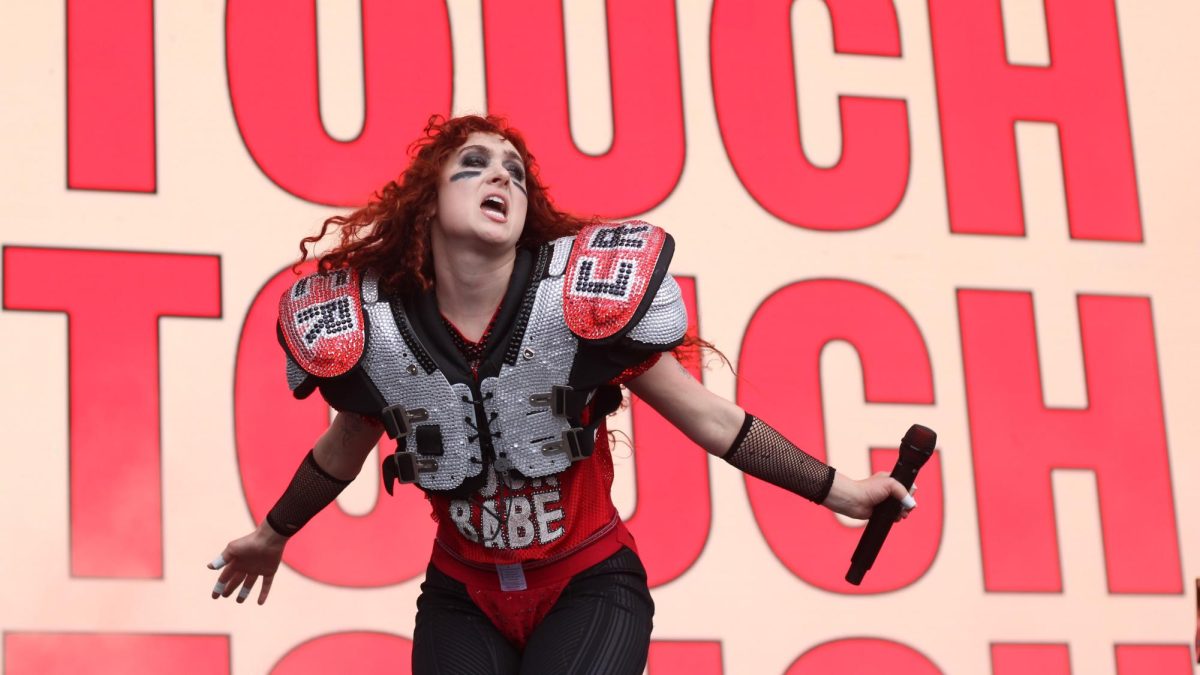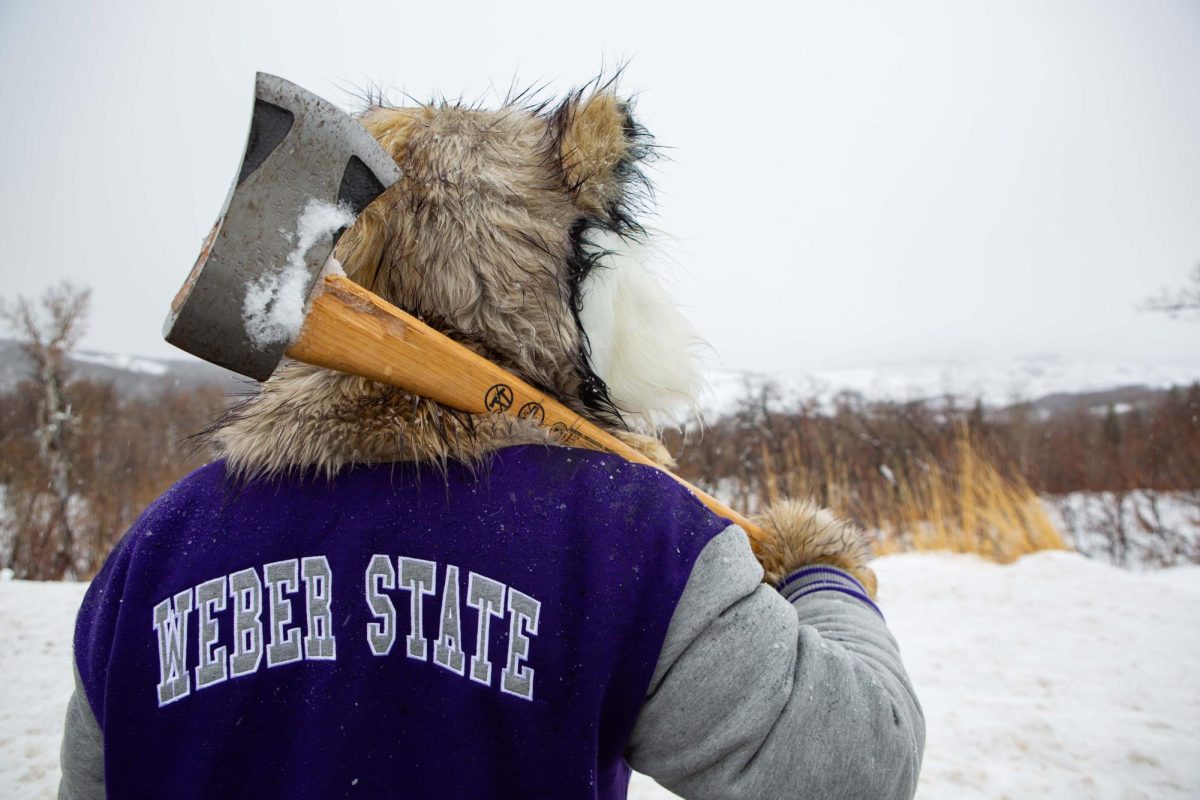In a webinar held by Weber State University for Black History Month, civil rights activist Ruby Bridges shared her story with the community over Zoom on Feb. 18.
At six years old, Bridges was one of the first six Black students who were integrated into their local public elementary school in Louisiana, as requested by the National Association for the Advancement of Colored People when they were looking for volunteers to participate in schools’ desegregation.

Bridges was the only one of the six that remained in the school. Angry protestors and threats required that she be escorted to school every day, a scene captured in Norman Rockwell’s painting “The Problem We All Live With.”
Bridges said she did not know her impact on the Civil Rights movement until she was 17 when a reporter showed her Rockwell’s painting of her.
Prior to that, she believed desegregation was something that was only happening within her community, not across the country. It made her realize who she was and the role she played in the movement.
Bridges eventually graduated from an integrated high school, and in 1999, she established the Ruby Bridges Foundation to promote tolerance and create change through education.
One of the topics brought up by Nicola Corbin, associate professor of communication, was the option some schools offer of having Black History Month curriculum as opt-out, as Maria Montessori Academy had allowed parents to do prior to February.
Bridges believes that, while the creation of Black History Month was a good start, the country should be further along in its acknowledgment of Black history, saying it should be taught every day for a long time.
“I believe that it is our shared history, and if it is mandatory that you learn and teach history those other 11 months, why isn’t it mandatory that this particular history that’s taught and highlighted in February should be taught all year long?” Bridges said.
In her work with children, Bridges believes that change is made through the youth, and if they can understand what she is teaching, then children will be able to convince their parents of the changes needed to make a more united country.
Bridges also talked about her experience in the civil rights movement when she was in the first grade.

Bridges explained her parents’ background as sharecroppers who did not get a formal education. She believes this was a factor in her parents’ decision to allow her to begin desegregating public schools, especially her mother. While her father had reservations, he agreed in the end.
“I’m often asked, if I was faced with the same decision, could I do that, and I don’t think that I could,” Bridges said.
Corbin agreed with her statement but said she was still thankful to the parents who put themselves on the line.
At the time, Bridges only knew that she was moving schools but was unaware of what kind of school it was or what its significance was.
Upon her arrival at the school, she was met with an angry mob with signs but had no idea they were angry at her for being there. Students were taken out of school early because of her arrival, and some teachers even quit their jobs.
Bridges mentioned her first teacher, Barbara Henry, at William Frantz Elementary. Even though she looked like the angry people outside, she could tell she was different from them.
Henry had previous experience teaching diverse groups of children due to her husband being in the military and teaching the children on the military bases.
“She was very dedicated to teaching and what she wanted me to learn. It was just an amazing experience,” Bridges said.
Due to the mobs and threats she would receive, Bridges could not eat in the cafeteria or go outside for recess, causing her to feel alone throughout the first grade.
When she was able to see the other children, she was excited to finally have other kids to play with, but she soon understood the situation when a boy said his mom would not allow him to play with her because of her race and called her a racial slur.
“That made me understand that our kids are not born knowing anything about disliking one another. This is something that is passed on to our kids. It’s learned behavior,” Bridges said.
Bridges tells audiences she still believes the country has more good than evil but that it will take looking past differences to stand up together. She encourages youth to pick up the torch of social justice and community service activism.


















